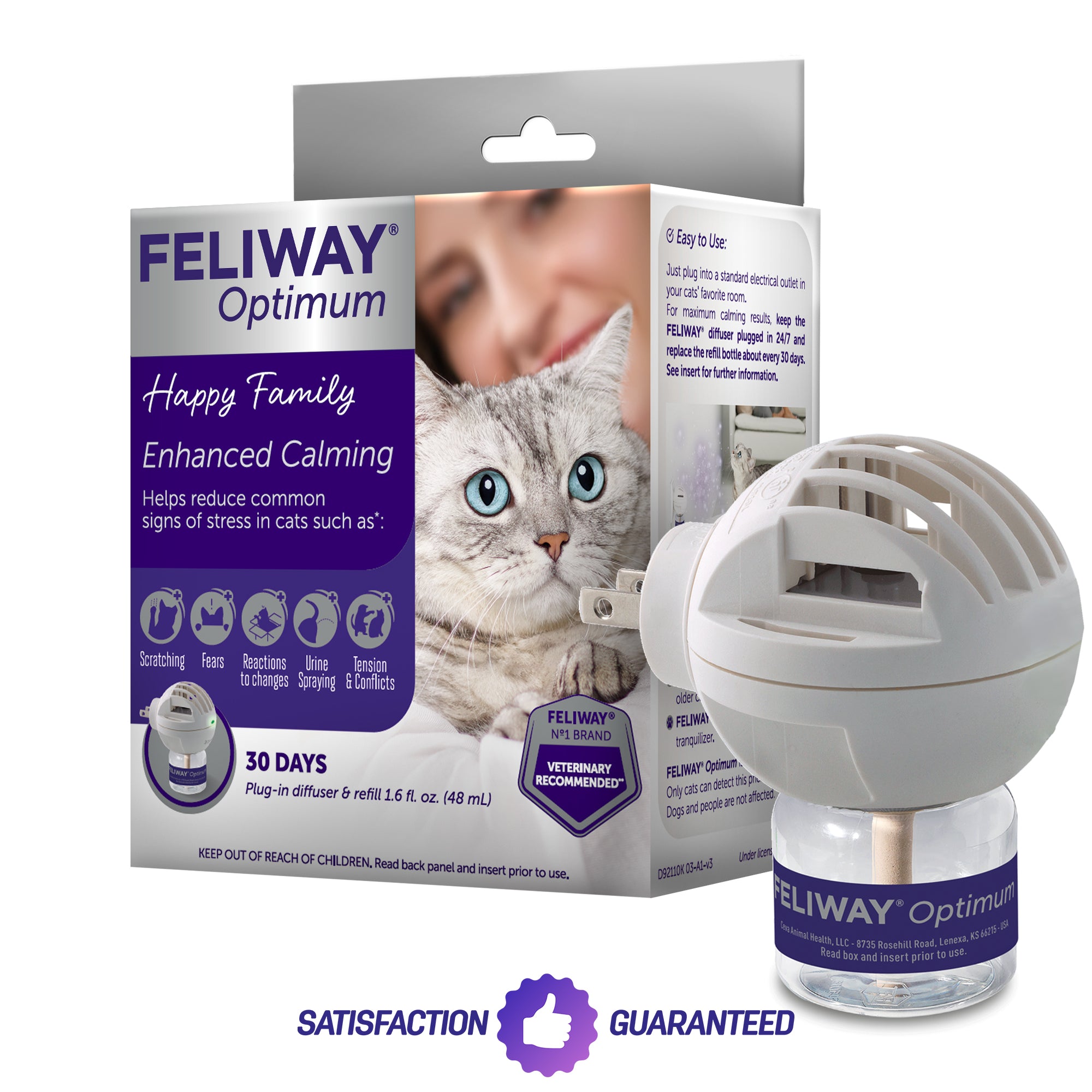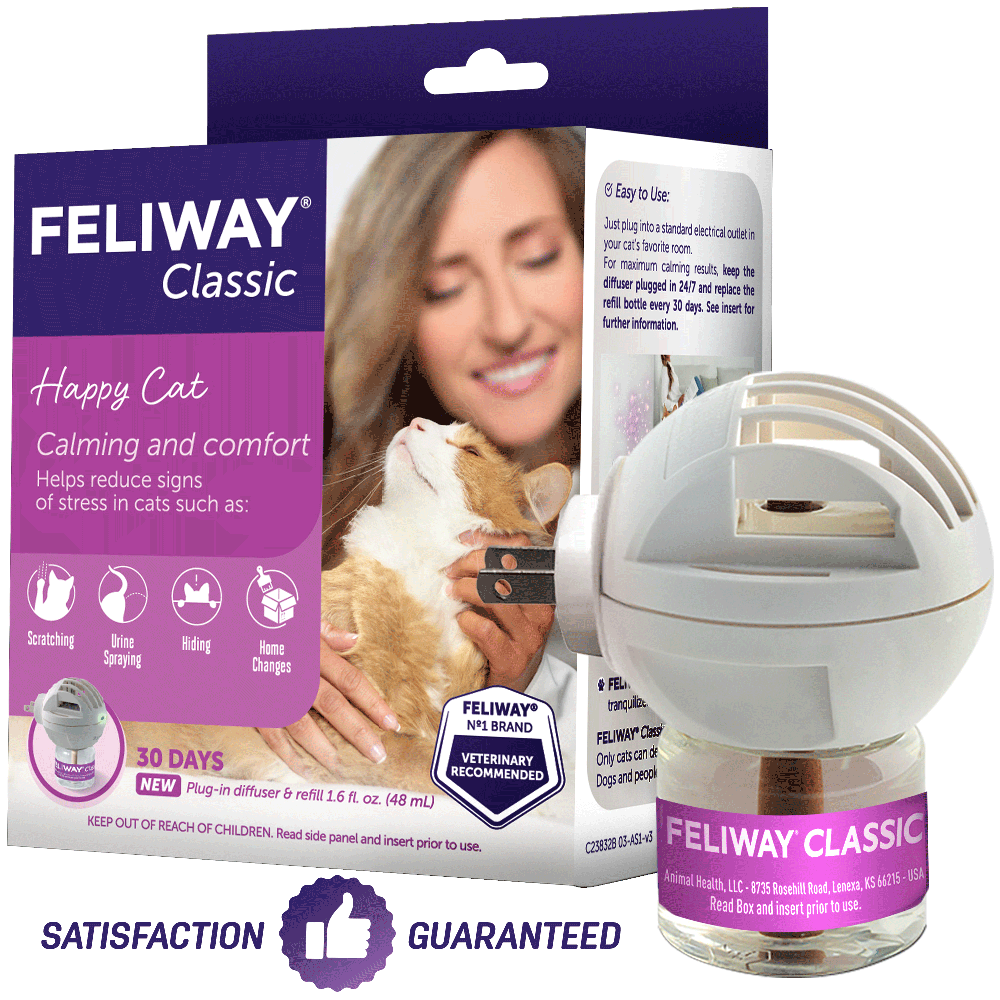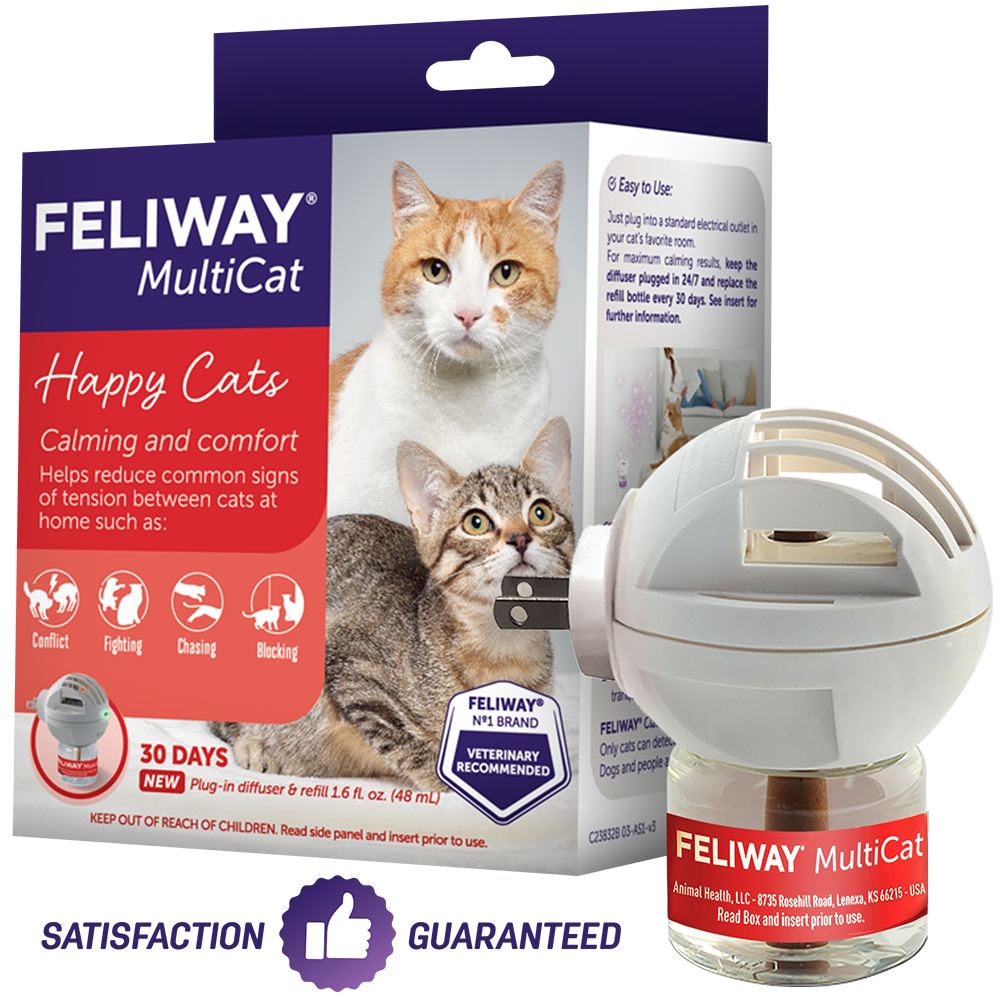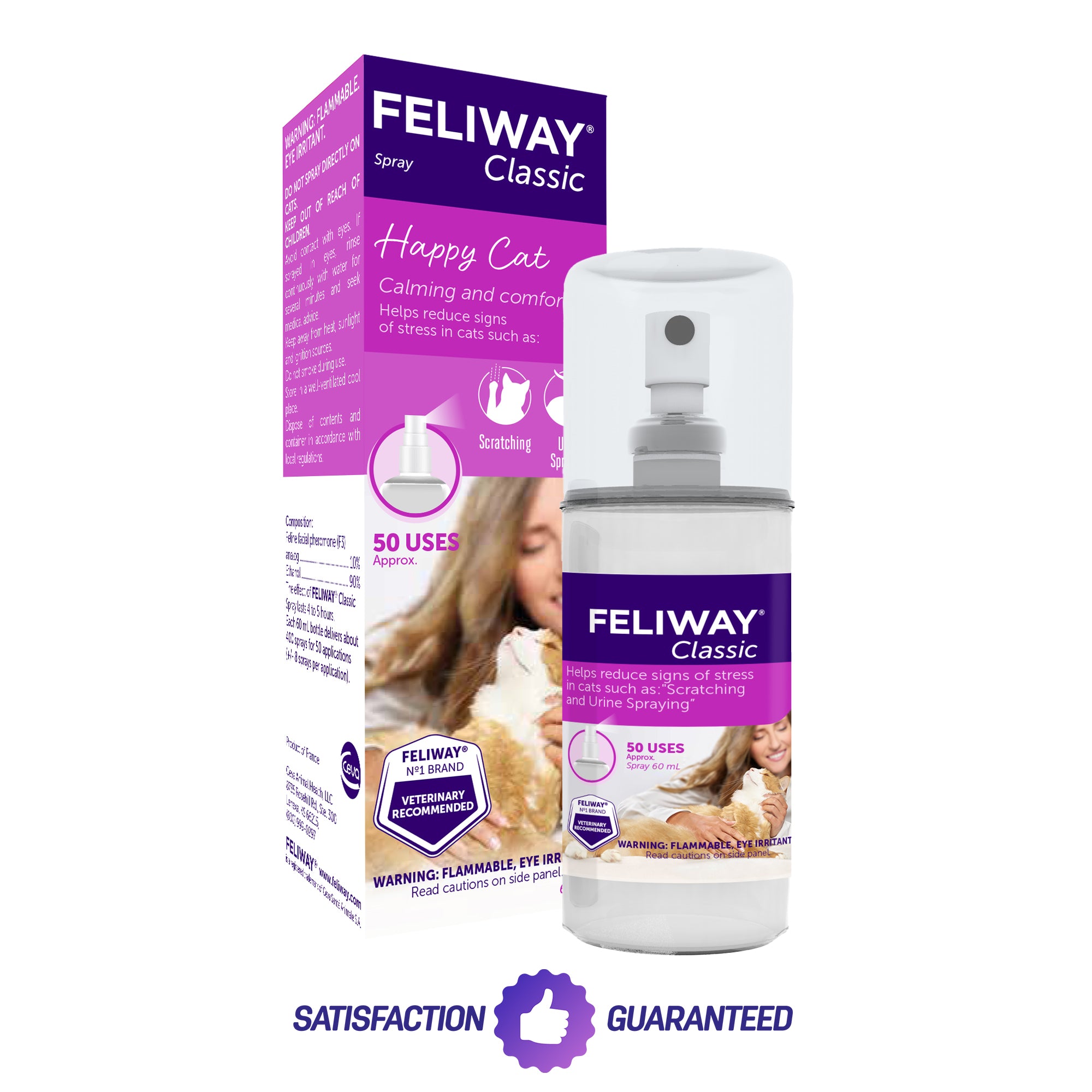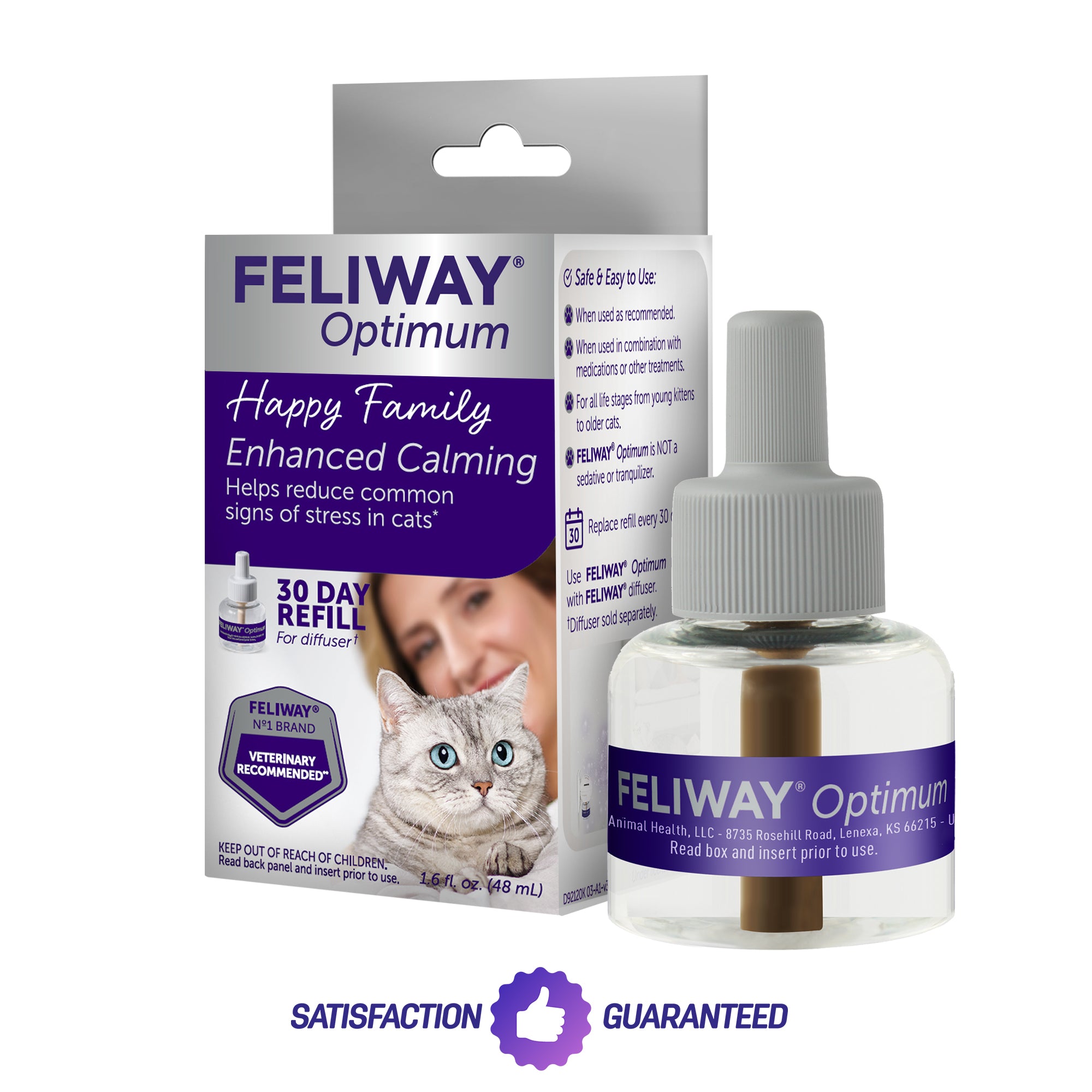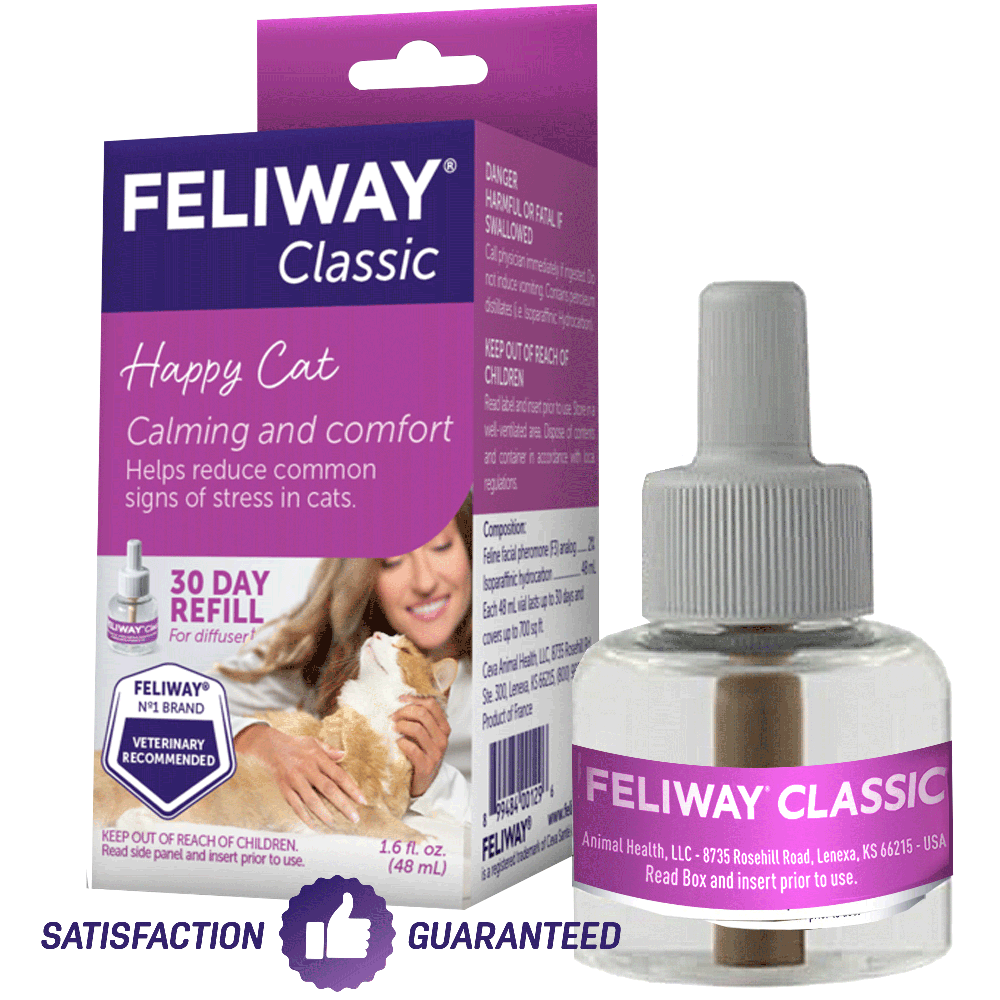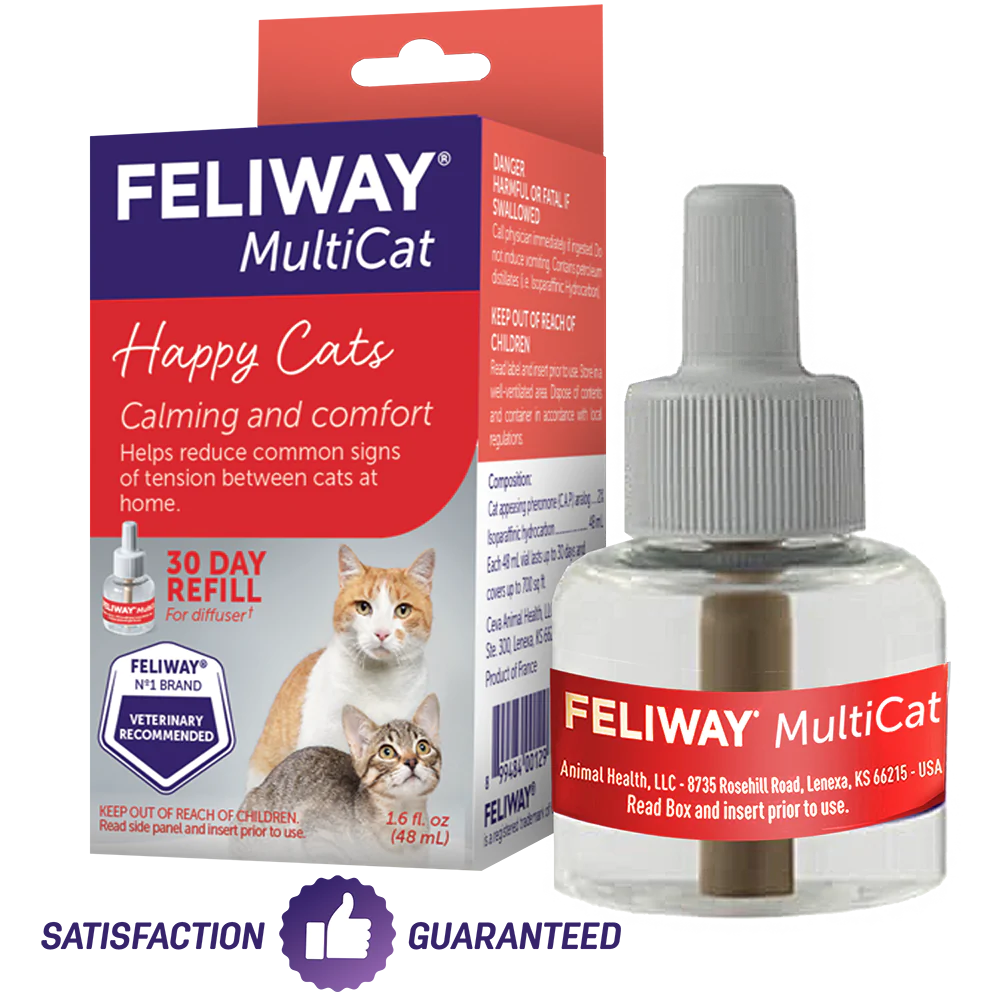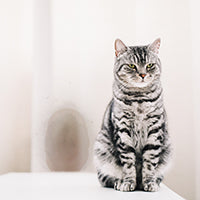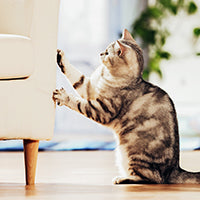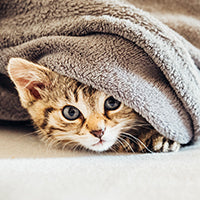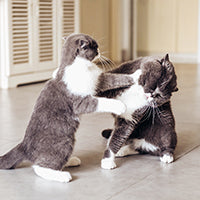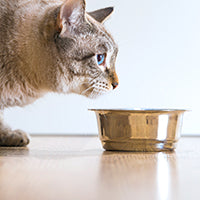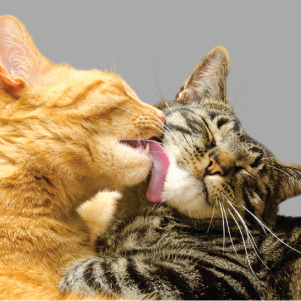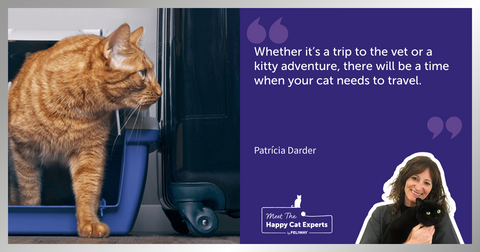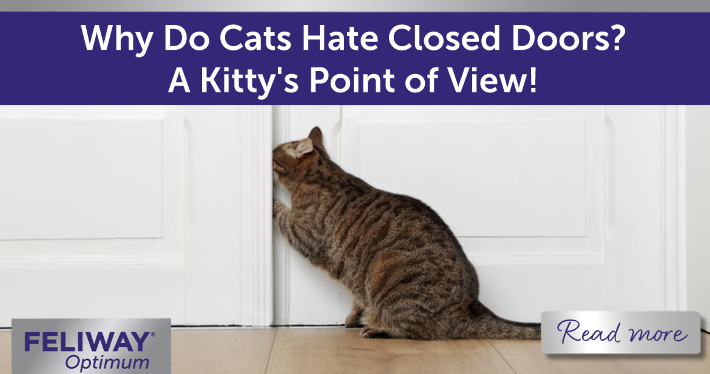
Why Do Cats Hate Closed Doors? A Kitty's Point of View!
Hello humans, I’m glad you’re back! I’ve heard that you have some more questions about us felines and our behavior—specifically, why we cats hate closed doors and are often found meowing at them!
I’d love to say there was a simple answer, but we are complex creatures, as you know. So, get comfortable, and I’ll share the answers to your questions about cats and closed doors.
Cats like to know what’s going on
Not to brag, but I’m pretty much the leader of my house. I like to have control over it!
Closing the door takes away my option to check on the rest of the house and inspect everything. If you close the door to our favorite rooms, we might meow at you to let us in. This is because we enjoy our space and like having the freedom to check our marking areas and monitor our territory. Having an area blocked off can be concerning for us, as we like to make sure everything is in check.

We love being around our humans
Another question I’ve heard is about cats meowing at doors. Mostly, we do it to get your attention—and I’m sure most of the time it works!
Over the years, I’ve learnt that humans like their space and privacy. However, we think our parents are pretty purrfect, so we want to be around them as much as possible. I hate to admit it, but sometimes we feel a bit offended when we think you don’t want us involved. You might be doing something super exciting, and we feel like we’re missing out! So, to get you to notice us, we may meow, scratch at the door, or even try to open it ourselves.
What can I say? Cats and closed doors don’t really mix well together!
How to stop us cats from opening doors
As a human, there may be times you don’t want your cat accessing a certain room or area. In this case, you may be wondering how to stop cats opening doors around your home. Don’t worry—I’ll forgive you for shutting me out and instead share a little insight.
As the official kitty spokesperson (or spokescat, if you prefer), I can confirm that we love a routine. We really live up to our name as creatures of habit! So, to stop us cats from opening doors, try to make it clear to us which areas of the house we shouldn’t go in. This repeated behavior tells us what part of the house we can manage and what part of the house is for humans only.
On that note, another key thing to know is that we can form habits based on our humans’ reactions. If we learn that scratching and trying to open the door means you will come and open it for us, then we’ll continue to do it.
Otherwise, there’s just one more thing to add on stopping us cats from opening doors. Even though we’re very intelligent, we are prone to being distracted by a fluffy toy or tasty treat! So, to stop us meowing at doors or trying to force them open, you can use a distraction to politely remind us of which areas are off-limits.
Throwing us a toy or luring us away with a treat can help us focus on something else. We also like to keep busy, so giving us a lick mat or puzzle feeder can keep us occupied while the door is closed.
Feeling safe and calm in our home is important
We cats understand that sometimes humans must make changes around the home. Well, even though we don’t like change, there are certain ways you can help us. If you need to confine us cats to certain rooms because of decorators or delivery people, for example, make sure the space we have still feels safe and familiar.
The best thing my humans do to make me feel safe is plug in FELIWAY Optimum. This helps me feel calm and not so anxious about any changes.
Another thing that helps is making sure my bedding is in my favorite spot, and I have access to my food, water, litter tray, and scratching post. I’m quite the intellectual – as I’ve no doubt you’ve gathered! – so why not try popping on some calming classical music? Music has been shown to help soothe cats, plus it can also block out any sounds that might make me nervous.
Keep an eye out for changes in our behavior
If you find us cats acting differently when the door shuts, such as meowing or scratching more than usual, this might be a sign that we’re feeling distressed. If you notice this, it’s a good idea to take us to the vet to make sure we’re not experiencing any medical issues.
Are you after more tips on how to understand your cat’s behavior? Check out all our other fantastic blogs online! Or if you have any questions, please don’t hesitate to get in touch – we’ll be delighted to share all the insights we can. And while you’re here, don’t forget to sign up to our newsletter to stay up to date with all our latest news, articles, and product info from FELIWAY.